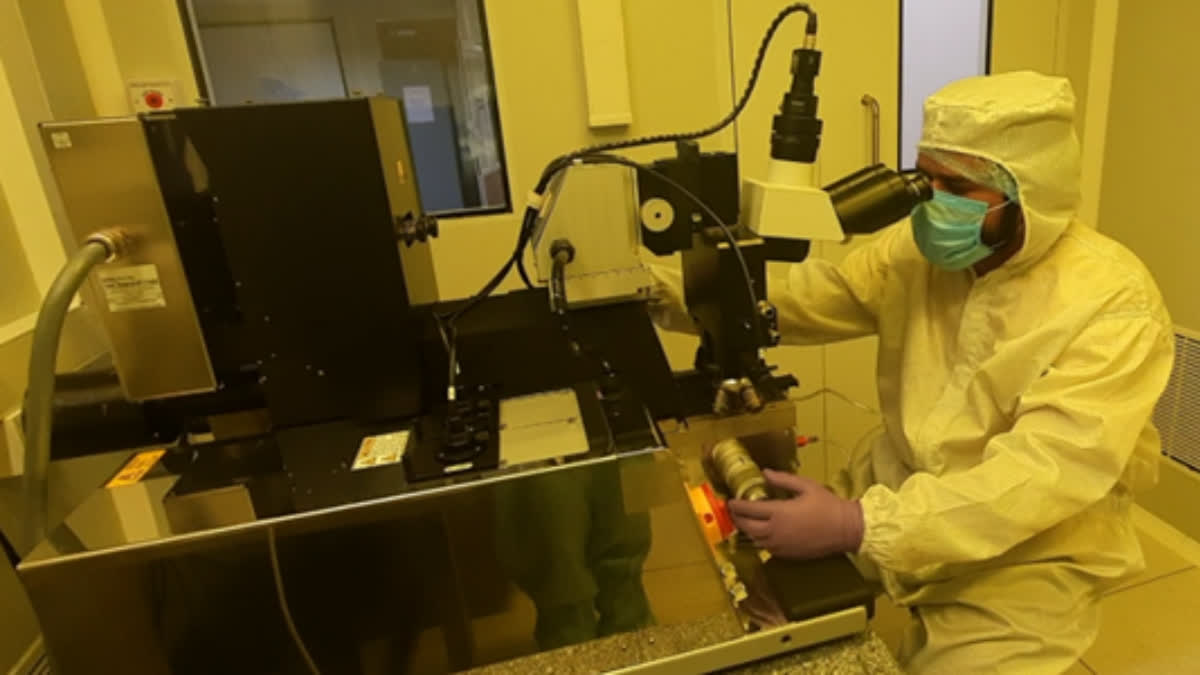New Delhi: Researchers have developed a novel ultramicroscopic supercapacitor with enhanced energy storage and release capacity, which is fully functional and ready for deployment in any miniaturised system by on-chip integration. Being much smaller and more compact than the existing ones, the supercapacitor developed at the Indian Institute of Science (IISc), Bengaluru, could potentially be used across a range of energy-storage devices such as streetlights to consumer electronics, electric car batteries and medical devices, they said in a study.
Currently, these devices are powered by batteries, which tend to lose their stored charge over time and, thereby, stored energy, and therefore, have a limited shelf-life. On the other hand, capacitors, while limited in their inability to discharge power in a sustained manner such as powering a mobile phone, are capable of storing electric energy for much longer, owing to their design.
Supercapacitors combine the best of both worlds in that they can store as well as release large amounts of energy and are, therefore, highly sought-after for next-generation electronic devices, the study published in the journal ACS Energy Letters. The study said that hybrid Field Effect Transistors (FETs) were used in the fabrication of this supercapacitor as charge collectors as opposed to metallic oxide-based electrodes used in exisiting capacitors, which are limited by their poor electron mobility.
Also read:Scientists find how microgravity in space can alter human cells
